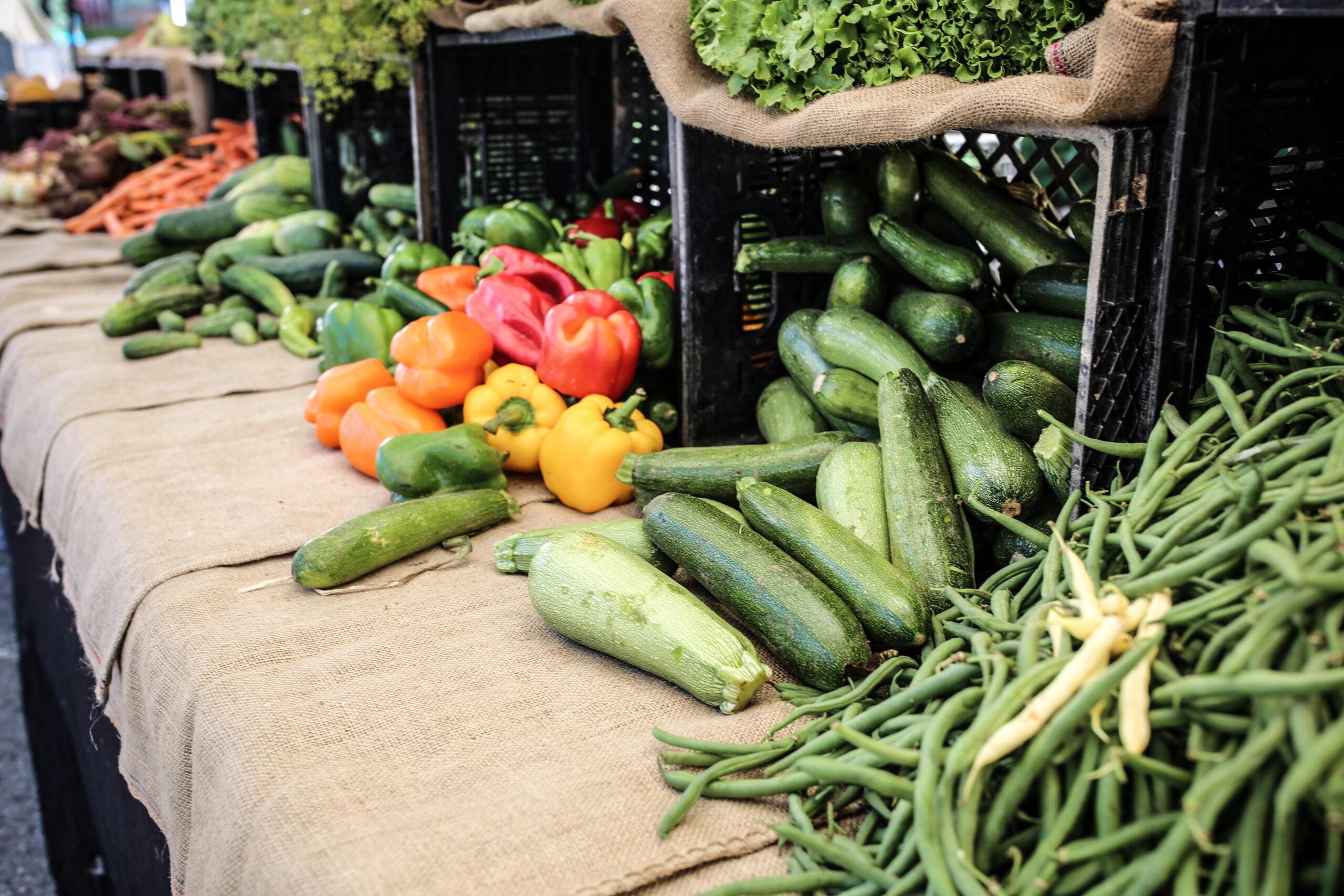
Southern Colorado farmers shared their reflections on coping with COVID-19, drought and other challenges in a roundtable discussion hosted by Colorado Proud, an office with the Colorado Department of Agriculture.
Farmers from Durango, the San Luis Valley and Rocky Ford discussed the ways they've had to adapt their practices over the past six months.
"2020 is something I'd like to forget," said George Whitten, a third-generation rancher and owner of San Juan Ranch in the San Luis Valley. "We're lucky in the livestock business we can be migratory. We don't have to stay in a place if it gets too bad."
Whitten said he had no production on his range lands due to back-to-back droughts since 2018. He migrated cattle to pastures in Eastern Colorado, but he's not sure how future droughts will affect production.
Farmers also discussed the way COVID-19 has transformed the way they do business. Michael Hirakata, a fourth-generation farmer from Rocky Ford, said he had to cut summer tours and navigate uneven demand throughout the ongoing pandemic. He also said he scaled back hiring of workers from Mexico to allow for more space in housing on the farm.
Hirakata works with his father and children, and said times like these build resiliency.
"I want to teach my kids that nothing comes easy, it's a very hard life," he said. "But you know, at the end of the day when you see a good harvest come in, you can kick your boots off and be very happy with what you've done in that short amount of time."
For some, the pandemic has increased revenue from community members. Max Fields is a first-generation produce farmer from Durango. He said while he's been successful selling locally at farmer's markets, he's not sure what the future holds.
"At this point we're kind of flying by the seat of our pants," said Fields. "If I can make it through the next month, then I'll be good."
Despite the challenges 2020 has brought, Fields said he believes Colorado farmers are ahead of the curve and can lead the nation in sustainability efforts.









